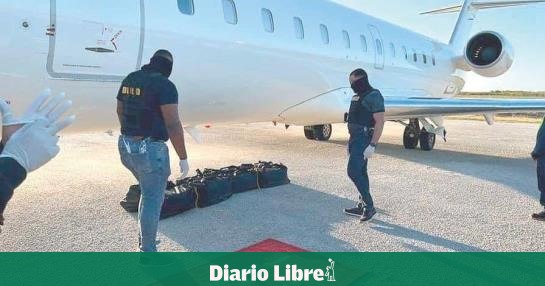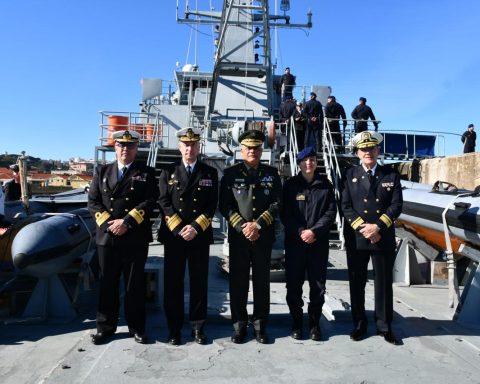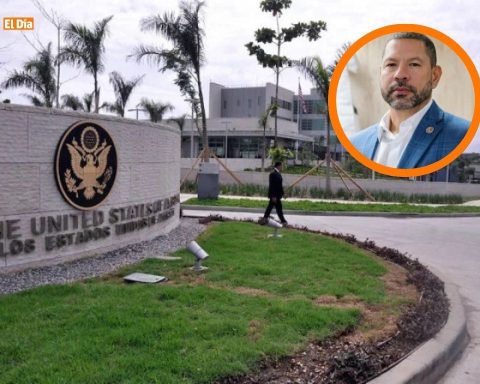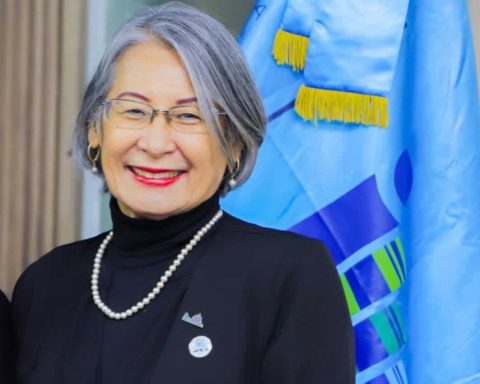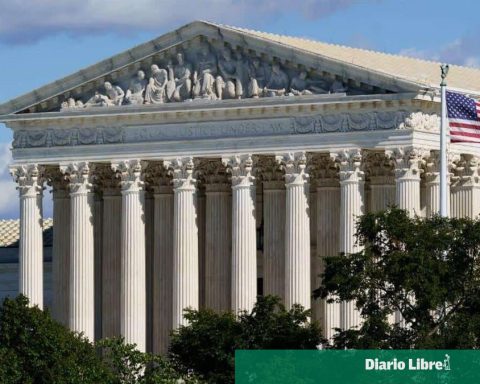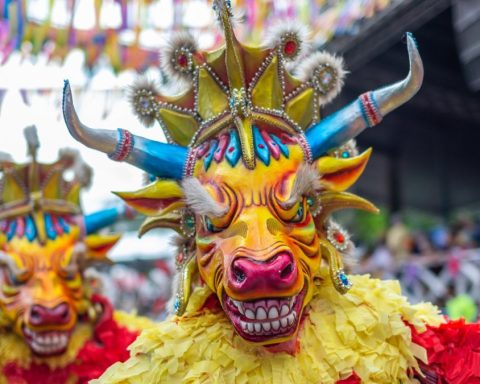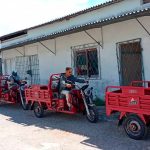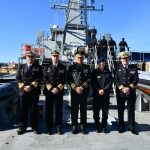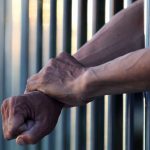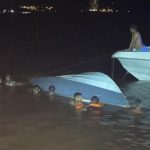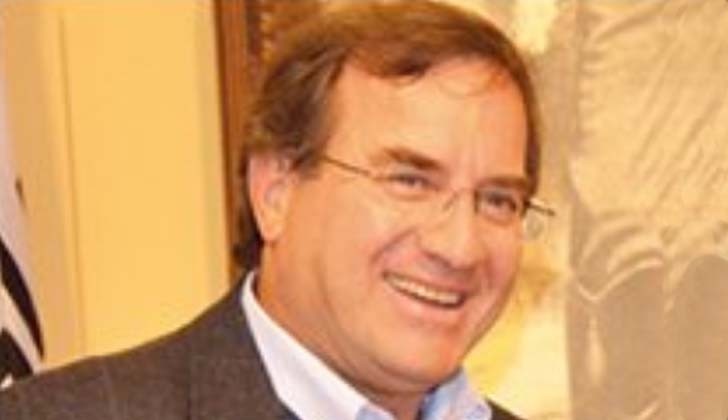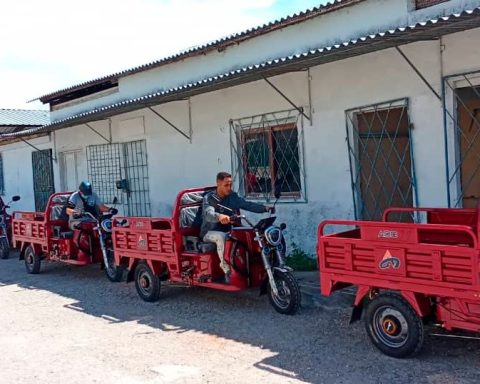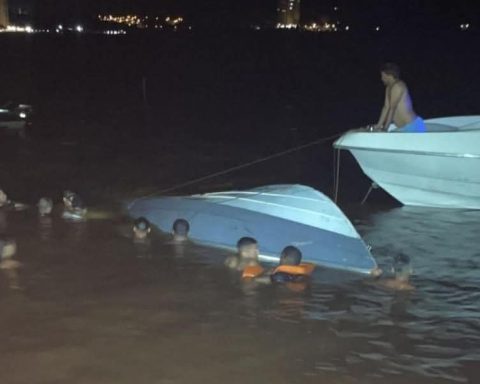Contrary to what happens in commercial aviation, pilots of private flights are responsible for the loads detected on board their aircraft, as established by international regulations.
Pilots consulted by Diario Libre emphasize that responsibility, despite whether or not the captain of the aircraft is aware that he is carrying illegal goods on board.
The explanation arises from the recent cargo detected on a plane that arrived at the airport of Punta Cana on March 31, from Toronto, Canada.
According to the National Directorate for Drug Control (DNCD), on the aircraft, license plate C-FWRR belonging to the company Pivot Airlines, eight black packages were found containing, each one 25 packages (200 in total) of a content that is presumed to be cocaine.
The eleven crew members were investigated for the fact, including nine Canadians, an Indian and a Dominican, against whom a permanent attention judge of the province of La Altagracia imposed an economic guarantee as coercion for the accusations against them.
The defendants are Sheldon Gaspard Poirier, Younane Hadare, Briscoe Kash Everett, Aldayeh Ranya, Leblond Francheska, Mckenna Liam Patrick, Di-Venanzo Robert Lee (pilot), Dubey Bal Krishna (mechanic), Safdar Syed Aatif, Carello Christina, Wojcik-Harrison Brittney Lynn and Alexander Rozov.
However, Robert Lee and Bal Krishna testified in court that they were unaware of the existence of the packages and that they were the ones who alerted the authorities.
They alleged that the bundles were in the aircraft’s cable compartment and that they noticed because a light on indicated that there was an open space on the aircraft and they proceeded to check it.
Pedro Domínguez, former president of the National Association of Pilots, understands that the crew is responsible for everything good and bad on the plane, contrary to what happens on commercial flights, in which each passenger is responsible for the content of their luggage. .
“In commercial aviation, not necessarily the pilot Be aware of what is in the holds, because they give you the flight documentation, but you do not necessarily have to check what a passenger is carrying. But in private aviation, and more the two cases of Punta Canaleaves me in no doubt that the crew had all the knowledge, by the amount”.
Pilots or co-pilots must carry out inspections both inside and outside the aircraft to verify that everything is in order before embarking on a flight, although this review is not always rigorous, he says.
“In reviewing the pilot of pre-flight, the truth is that it is above, it is not deep… because the pilot you are not thinking that there is drugthen, if there is something in non-legal places of luggage compartment, the mechanic has to know it”, says Domínguez, who insists that, even so, in these cases, the pilot is the main legal responsible.
They don’t check luggage
Other pilot experienced, who did not want to be quoted by name, explains that prior to departure on a private flight, the captain must inspect the cabin to verify that all control systems are working properly.
Then inspections of the passenger area are made to check that the seats are in order, taking into account issues such as hygiene, emergency items and security doors. Then the inspection is carried out outside the aircraft to verify that there is no damage.
Then, the flight plan and the passenger check are carried out, an area in which, although it is de rigueur, the pilots do not fully fulfill their mission of checking the passengers’ luggage, according to both pilots consulted.
This, they say, because they do not feel they have the authority to ask businessmen or people with enough money to rent or buy an aircraft to hand over their luggage for inspection. So, they say, they take the risk of transporting it, ignoring its cargo, even though they are legally responsible for it.
